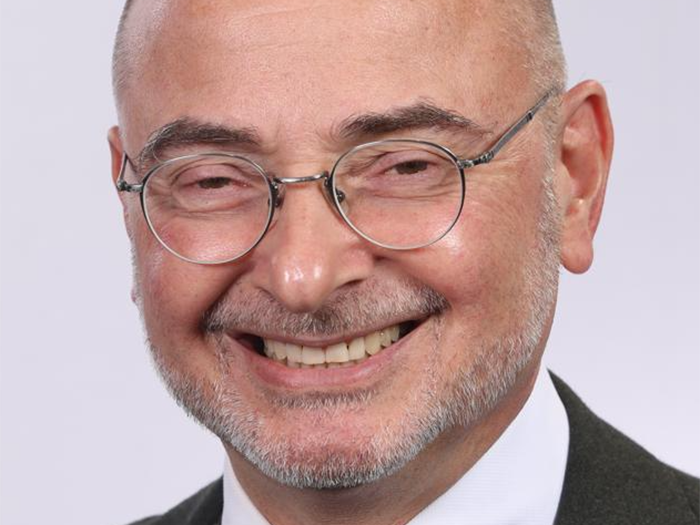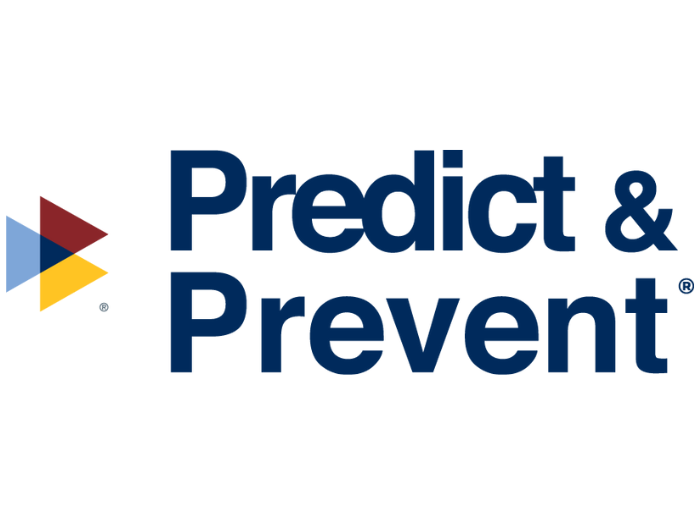Legal Roundup: The Cost of a Hot Coffee, Publix Accused of Wage Theft and More

Coffee Spill and Burns Lead to $3 Million Dunkin’ Settlement
The Case: In February 2021, a 70-year-old woman suffered injuries at a Dunkin’ drive-through in Georgia. As she received her coffee order from an employee, the lid of the cup detached, causing hot coffee to spill onto her lap, leading to second- and third-degree burns to her thighs, groin and abdomen, according to USA Today. She claimed that the lid was not properly secured to the cup.
She subsequently sued the Dunkin’ franchise owner over her injuries, which necessitated extensive skin grafts and resulted in medical bills surpassing $200,000.
Scorecard: The Dunkin’ franchise agreed to pay the victim $3 million in an out-of-court settlement, USA Today reported.
Takeaway: While Seinfeld fans may find this lawsuit eerily familiar to a classic plotline, the case is no joke. It serves as a potent reminder for businesses in the food and beverage sector of the importance of customer safety. The incident highlights how seemingly minor oversights, like not securing a lid properly, can lead to severe consequences for customers and significant legal repercussions for businesses.
The Dunkin’ case is also similar to a 1990s case that led to widespread debate over whether such lawsuits are frivolous or substantial. Despite that debate, the verdict in this case will likely serve as a call to risk managers to be proactive about identifying and addressing potential hazards no matter how inconsequential they might seem.
Court Finds Carnival Negligent in Early Pandemic Cruise Where 28 Died
The Case: Susan Karpik and a group of passengers on Carnival’s Ruby Princess ocean liner sued the company for negligence in the wake of a March 2020 voyage that saw 663 people contract COVID-19 and 28 die. The ship set sail from Sydney to New Zealand but returned earlier than scheduled due to the closing of Australia’s borders. The plaintiffs claimed that Carnival was negligent in its duty of care toward passengers by allowing the voyage to take place despite the burgeoning pandemic.
Scorecard: Federal Court Justice Angus Stewart ruled in favor of the plaintiffs, stating that Carnival was indeed negligent as per Australian consumer law, according to the Associated Press.
Steward explained that the cruise company had prior knowledge of the escalating risk of coronavirus, especially considering that the company had experienced outbreaks on its other cruise ships in the month leading to the Ruby Princess’s voyage. The justice highlighted the company’s failure to adequately explain why they offered free cancellations for all cruises departing from March 9 — just one day after the Ruby Princess set sail.
Though Susan Karpik had originally sought more than AUD$360,000 (roughly USD$230,000) in damages, the court awarded her only AUD$4,423.48. This decision was influenced by factors such as the judge’s skepticism over her claims of suffering from long COVID. Other passengers with more severe health repercussions could potentially receive higher compensations.
Takeaway: The verdict underscores the importance of prioritizing the safety and wellbeing of customers, especially in the face of uncertain or emerging risks. Proactively adapting and responding to such threats is a legal obligation. Moreover, businesses must maintain transparent and consistent communication with customers, particularly when shifting policies or offers.
U.S. Forest Service Sued After Wildfire Prescribed Burn, Flash Floods
The Case: Relatives of three individuals who lost their lives in a flash flood have sued the U.S. Forest Service. Key allegations include the Forest Service’s alleged negligence in managing a prescribed burn meant to fight a devastating wildfire in New Mexico. In July 2022, the three people staying at a family cabin were swept up by the flash flood allegedly caused by rains hitting the burn scar, according to the Associated Press.
The plaintiffs claim that the Forest Service did not adequately warn the victims about the potential risks associated with the aftermath of the wildfire, especially the potential flooding.
Scorecard: The case has recently been filed and has not yet reached a resolution. The U.S. Forest Service and U.S. Department of Agriculture have not yet commented publicly about the case.
Takeaway: The case underscores the immense responsibilities and liabilities associated with disaster management and aftermath preparedness. It reiterates the need for comprehensive risk assessments, especially when initiating actions like prescribed burns. Furthermore, the case emphasizes the significance of timely and clear communication to affected parties about potential hazards, especially in regions with known vulnerabilities.
Publix Employees Claim Wage Theft
The Case: A group of assistant department managers at grocery chain Publix has accused the company of consistently mandating them to work off-the-clock without appropriate compensation. Not only were they supposedly required to perform tasks in the store before their official clock-in time and after clocking out, but they also reportedly had to answer texts from colleagues during unpaid lunch breaks and after regular working hours, according to Fox 11 News.
Scorecard: The case has recently been filed and has not yet reached a resolution. The plaintiffs and their attorneys are hoping to create a class of plaintiffs with similar job responsibilities.
Takeaway: The overarching issue in this case is alleged wage theft. In today’s digital age, where employees are perpetually reachable via smartphones and other devices, the line between work and personal time becomes blurred. Responsibilities before and after clock-in could be deemed wage theft as well. This case emphasizes the critical importance of clear boundaries and meticulous tracking of work hours. &








